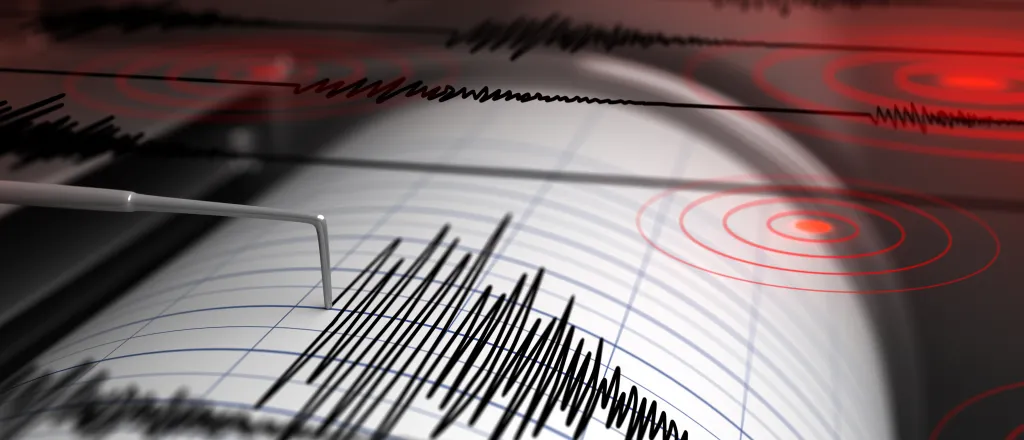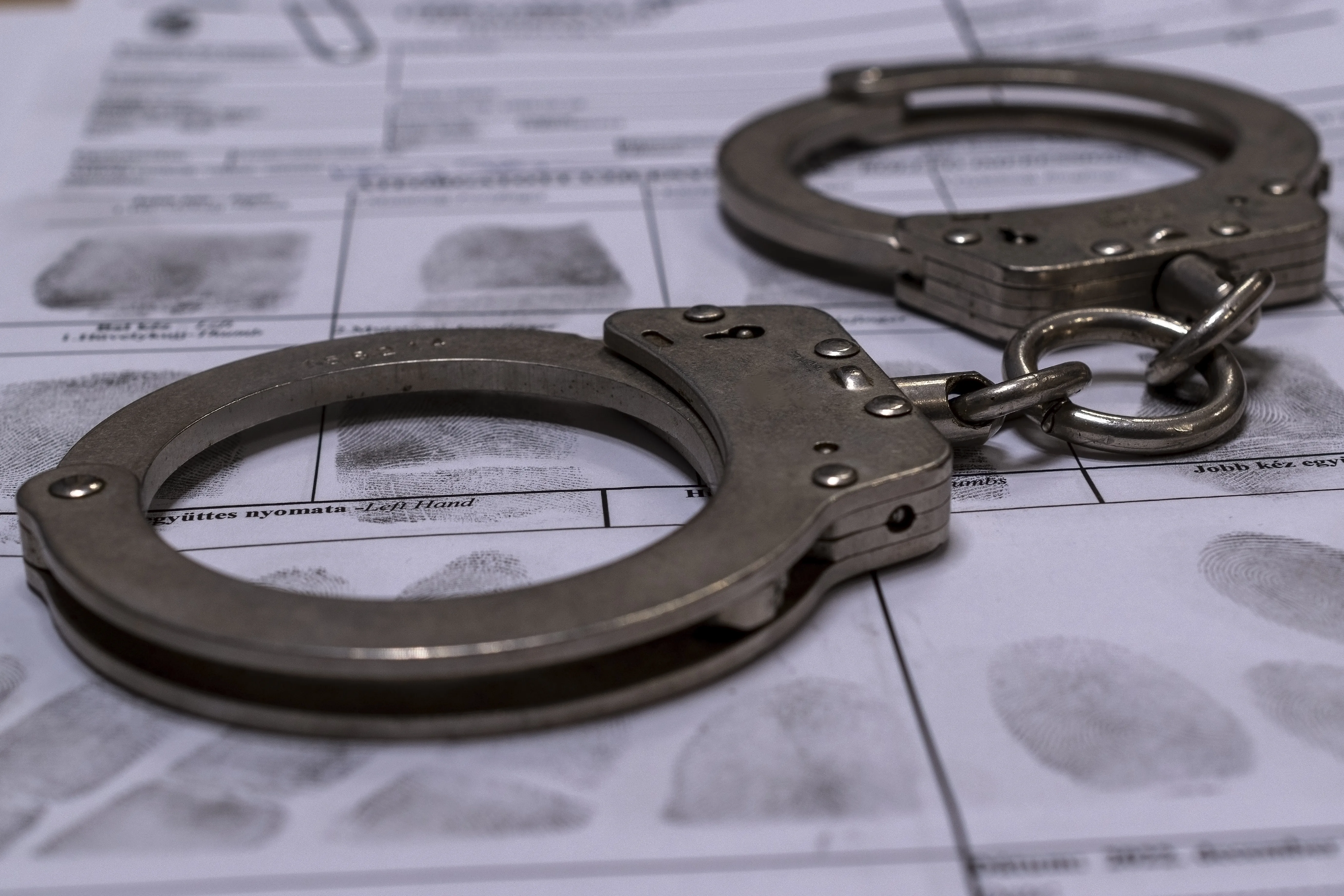
Geologist: Earthquake threat in Illinois is real
© iStock
(The Center Square) – The Illinois Emergency Management Agency is promoting earthquake preparedness for the month of February.
Many Illinoisans don’t consider earthquakes a threat, but Illinois has had at least 13 earthquakes since September 2017, when a 3.8 magnitude quake shook the southeastern part of the state, according to an IEMA news release.
Harvey Henson, assistant professor of geology at Southern Illinois University-Carbondale, said earthquakes pose a real threat in Illinois, especially in the southern region.
Illinois is home to the New Madrid and Wabash Valley seismic zones, which have produced large earthquakes in the past.
A number of earthquakes hit the area about 200 years ago in the winter of 1811-1812.
“First major earthquake, depending on which study you read, which estimate you believe, it was somewhere around 7.5 to 8.0 in magnitude,” Henson said.
A series of three major earthquakes hit, one in each month of December, January and February, said Henson. In between these major events, minor quakes continued, he said.
“There were settlers in the area – colonists, trappers, explorers up and down the rivers – they said the ground was sometimes in constant agitations with these aftershocks and foreshocks, some of them in magnitude fours, fives and even sixes,” Henson said.
Illinois hasn’t had a major earthquake since its modern infrastructure like bridges, utility lines and skyscrapers have been built. Henson warns of what an 8.0 magnitude quake would do.
“These large cities and large population density that we didn’t have back then, so all that would be affected, and the Midwest would probably be shut down,” he said.
Illinois’ history of earthquakes suggests residents should be prepared, Henson and IEMA said.
There are two steps to preparedness, said Henson. The first is education.
“Put this issue out there so people will consider it, because I think it’s human nature to first be afraid of things we don’t understand, so let’s talk about earthquakes,” he said.
Next, Henson says people should prepare by thinking through how long they might be without the essentials if a disaster hit and what they might need.
“Are you on prescription meds?” he said. “Do you have a pet? How many people are in your home? How much water do you need per person per day?”
Henson recommended putting a kit together for the worst-case scenario.

















